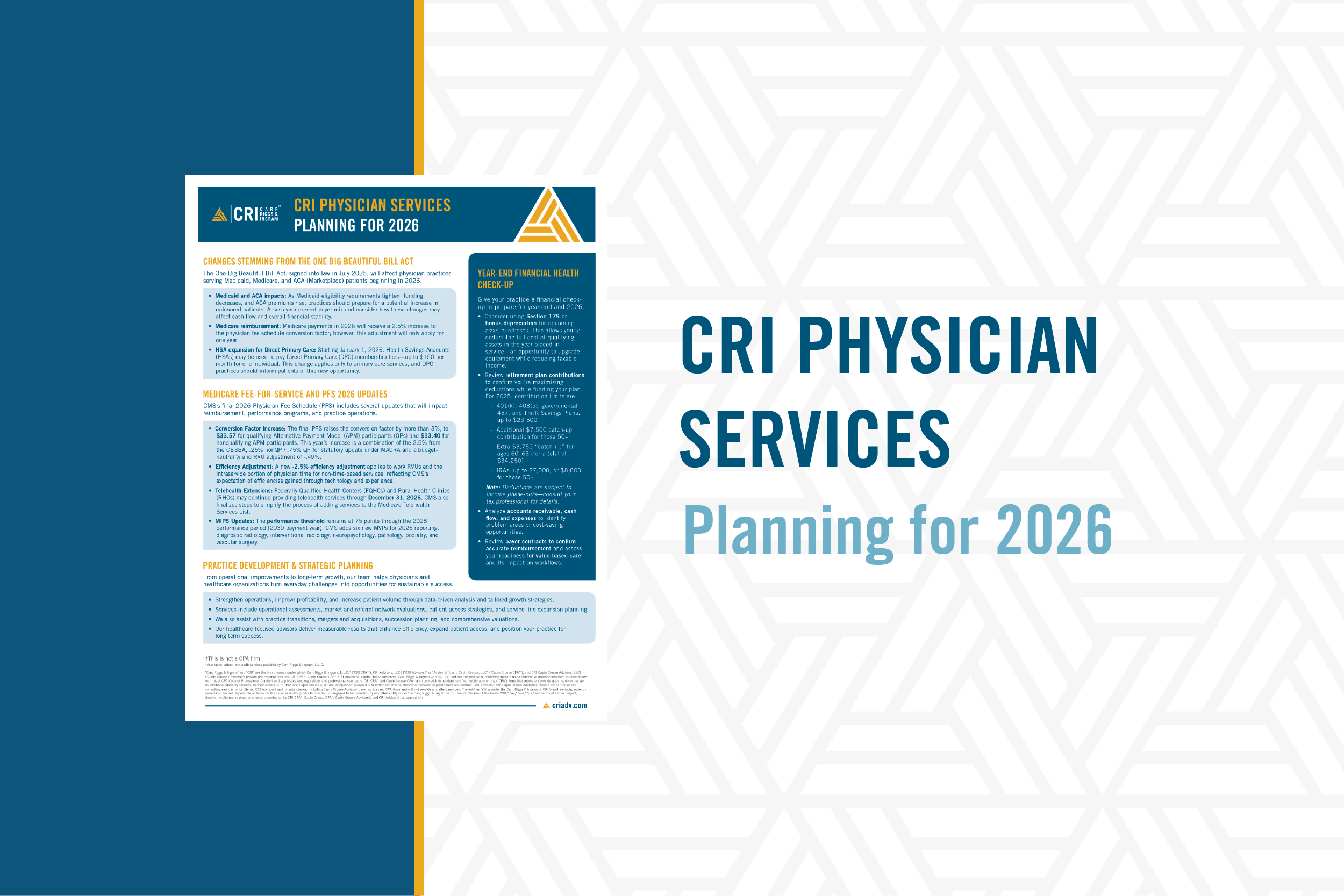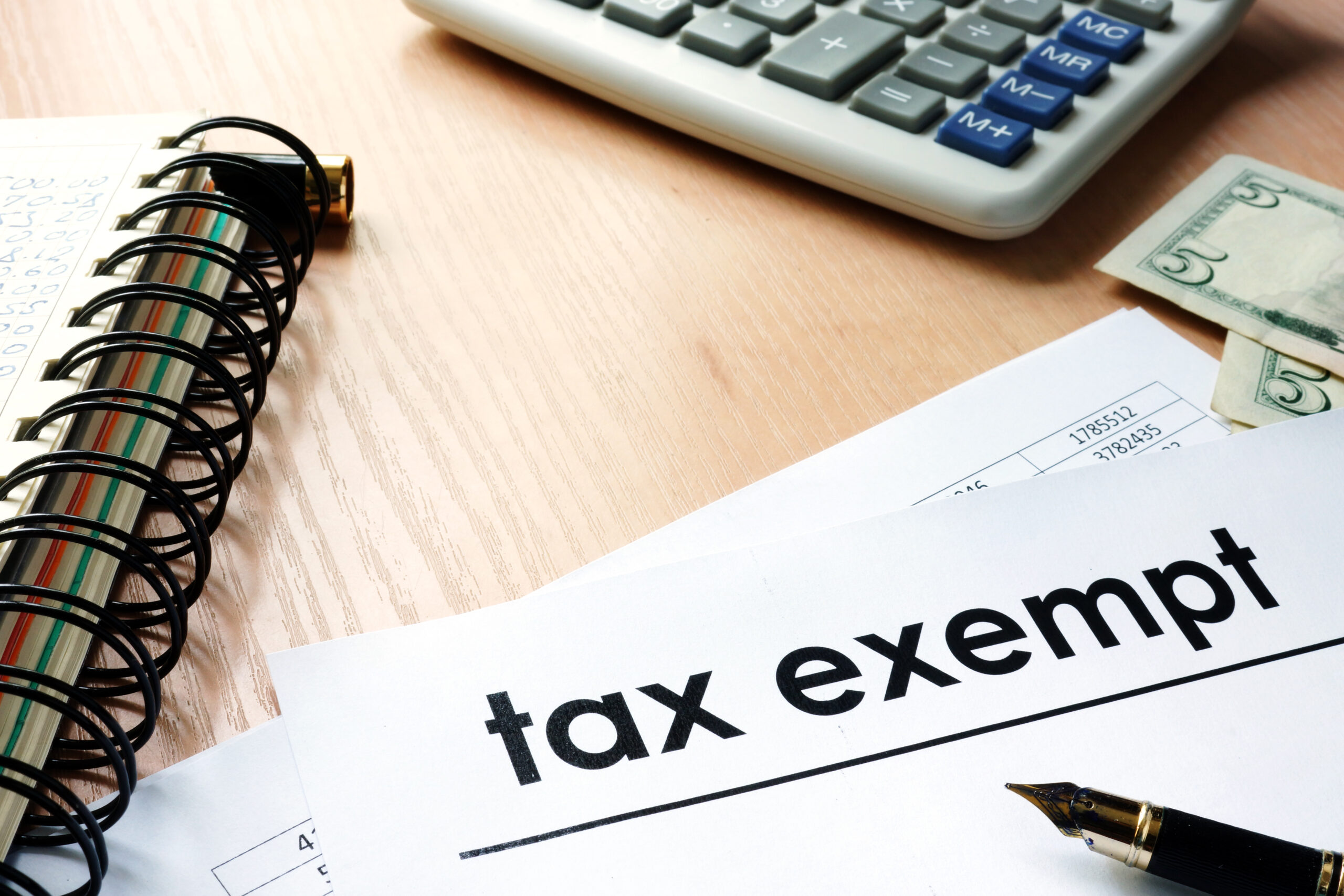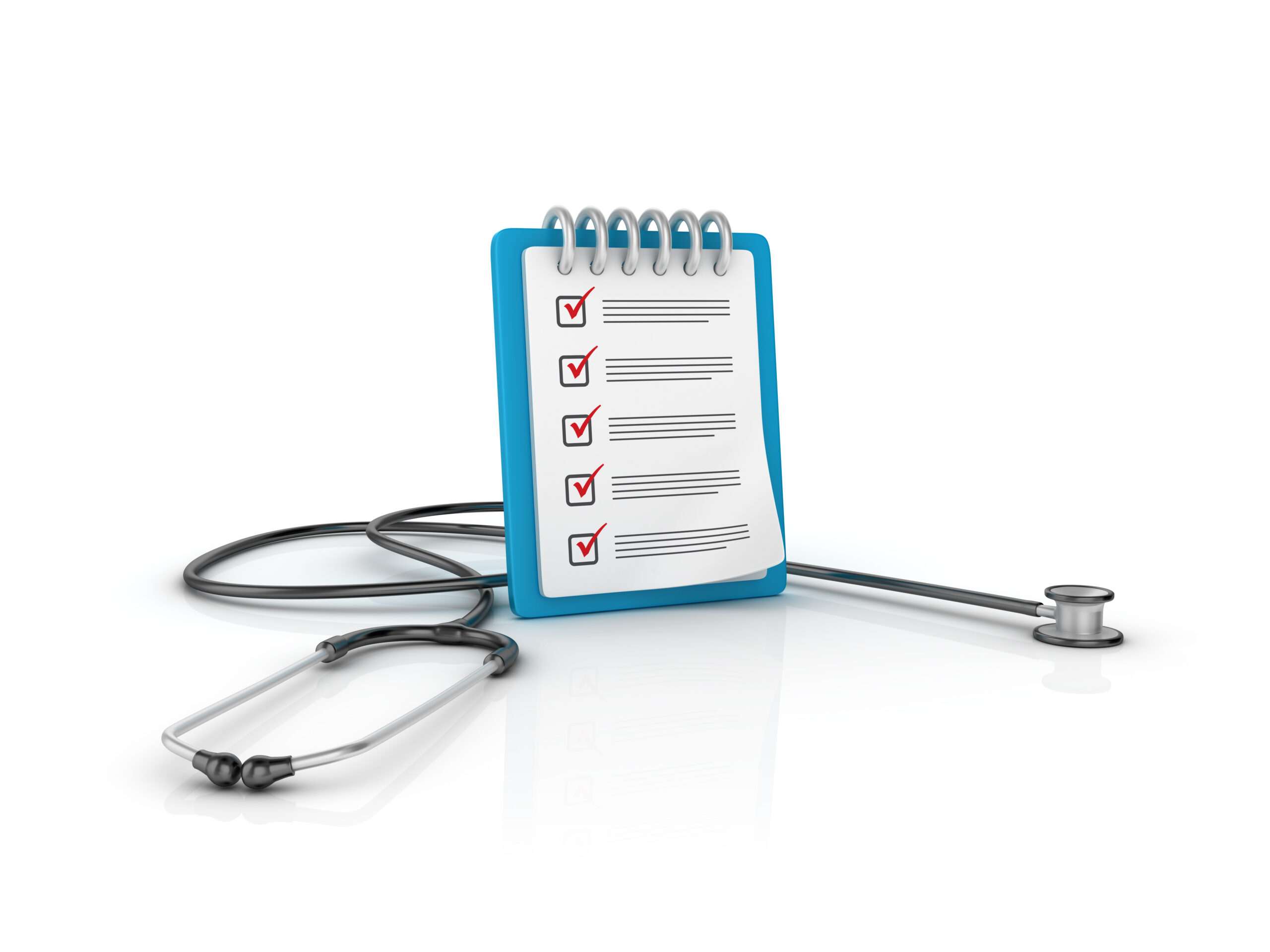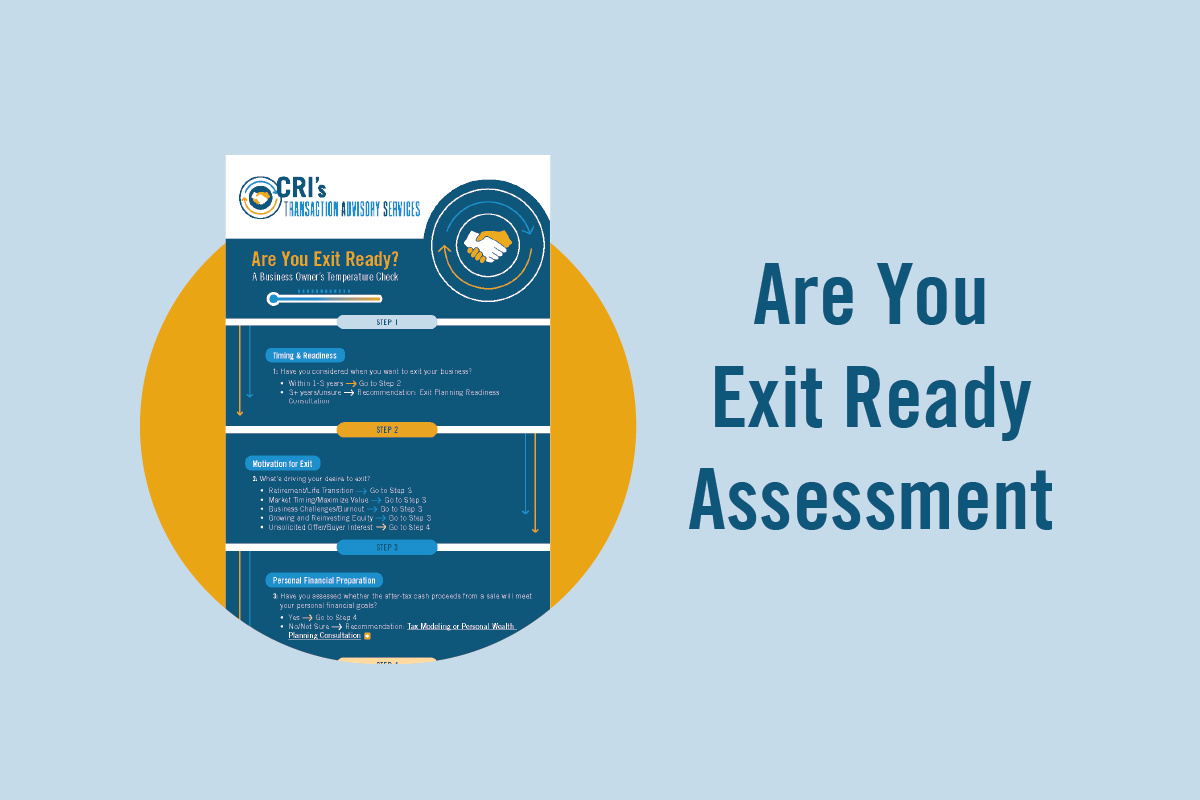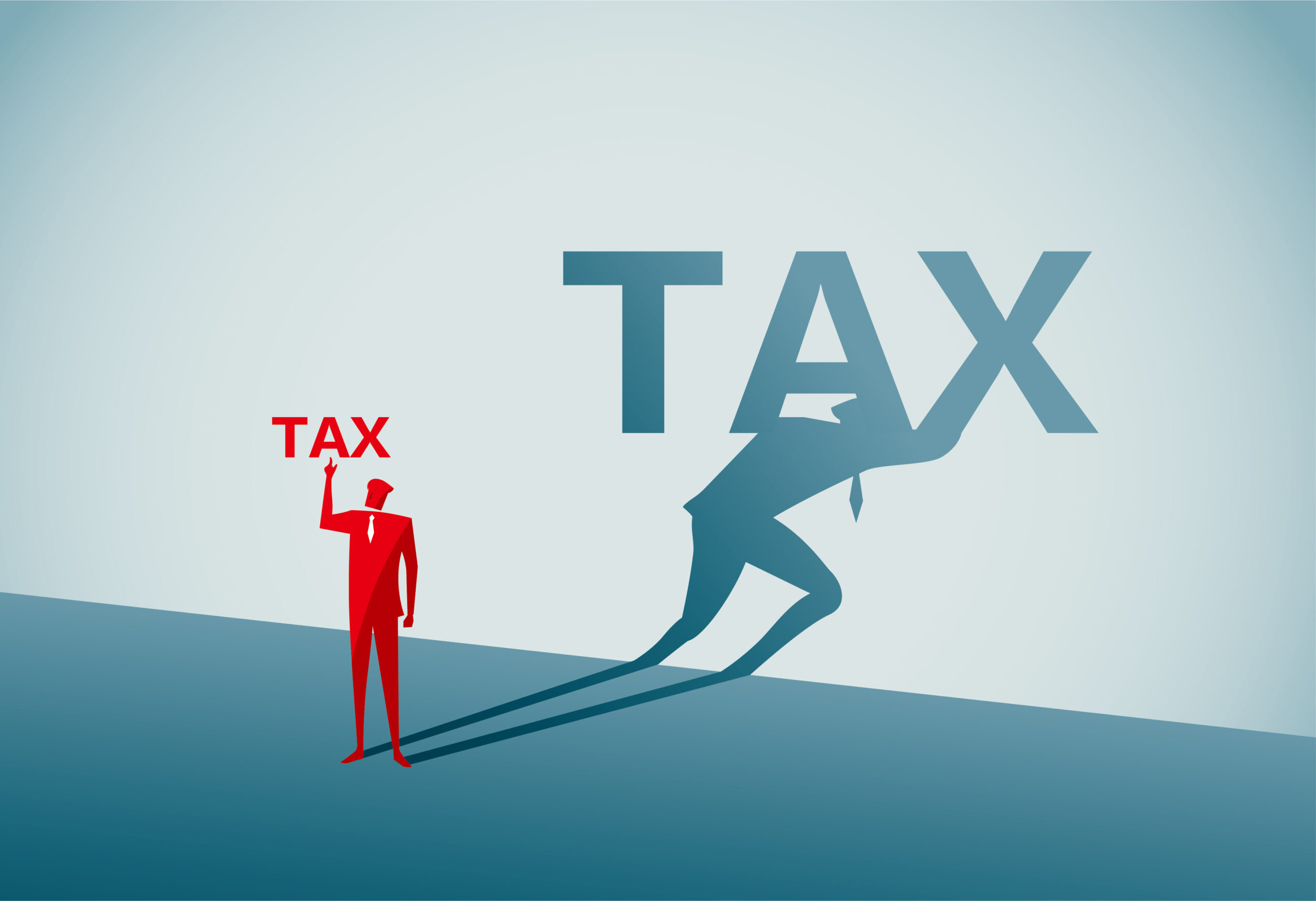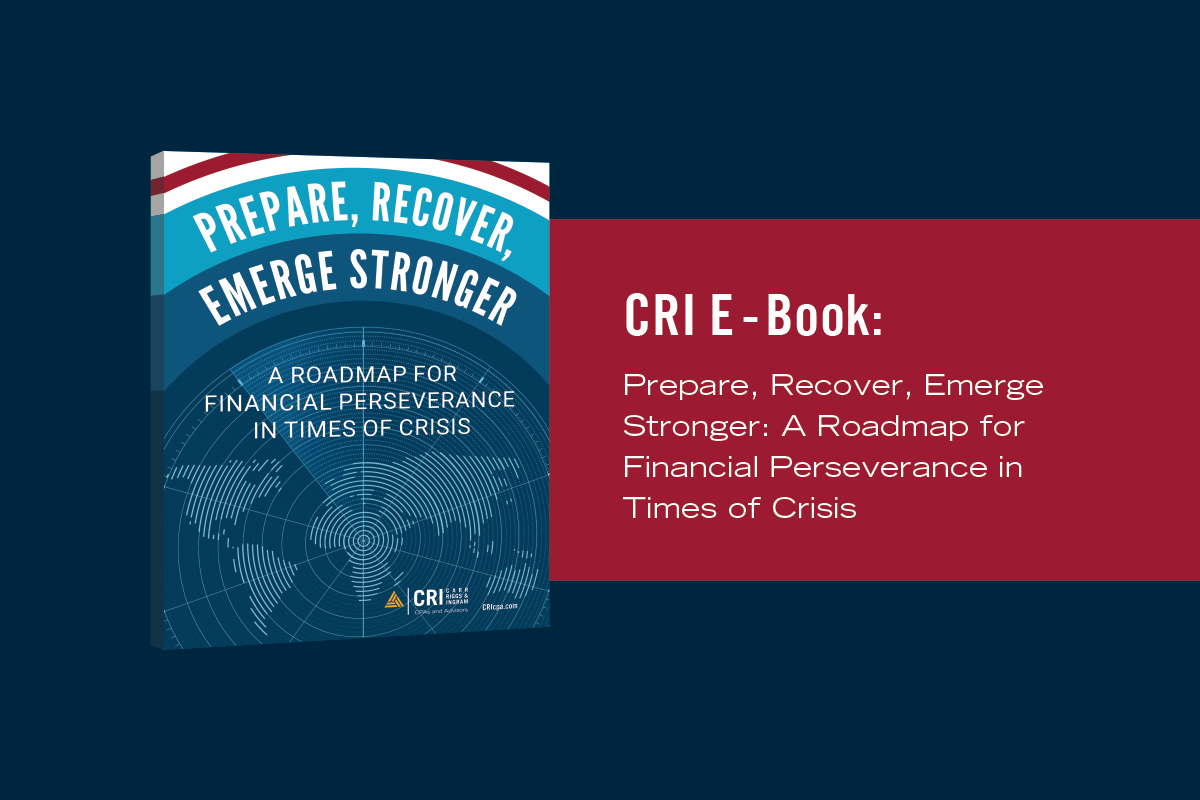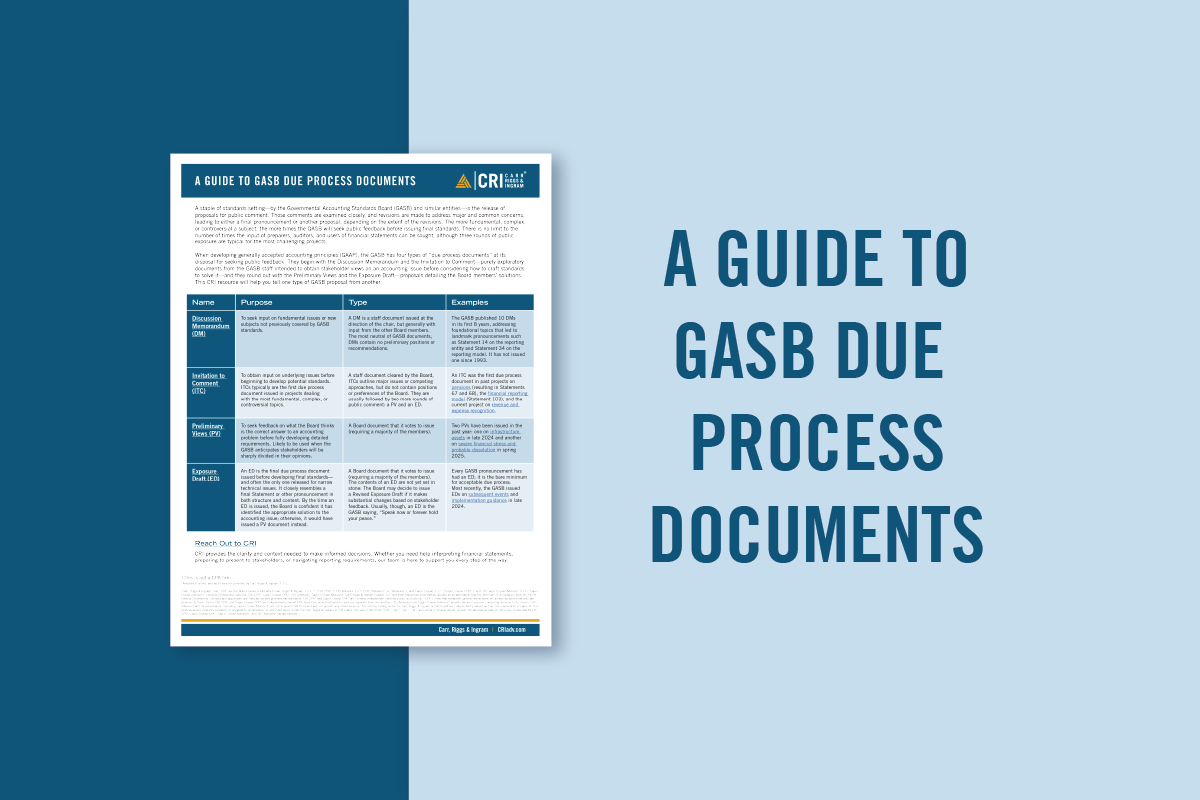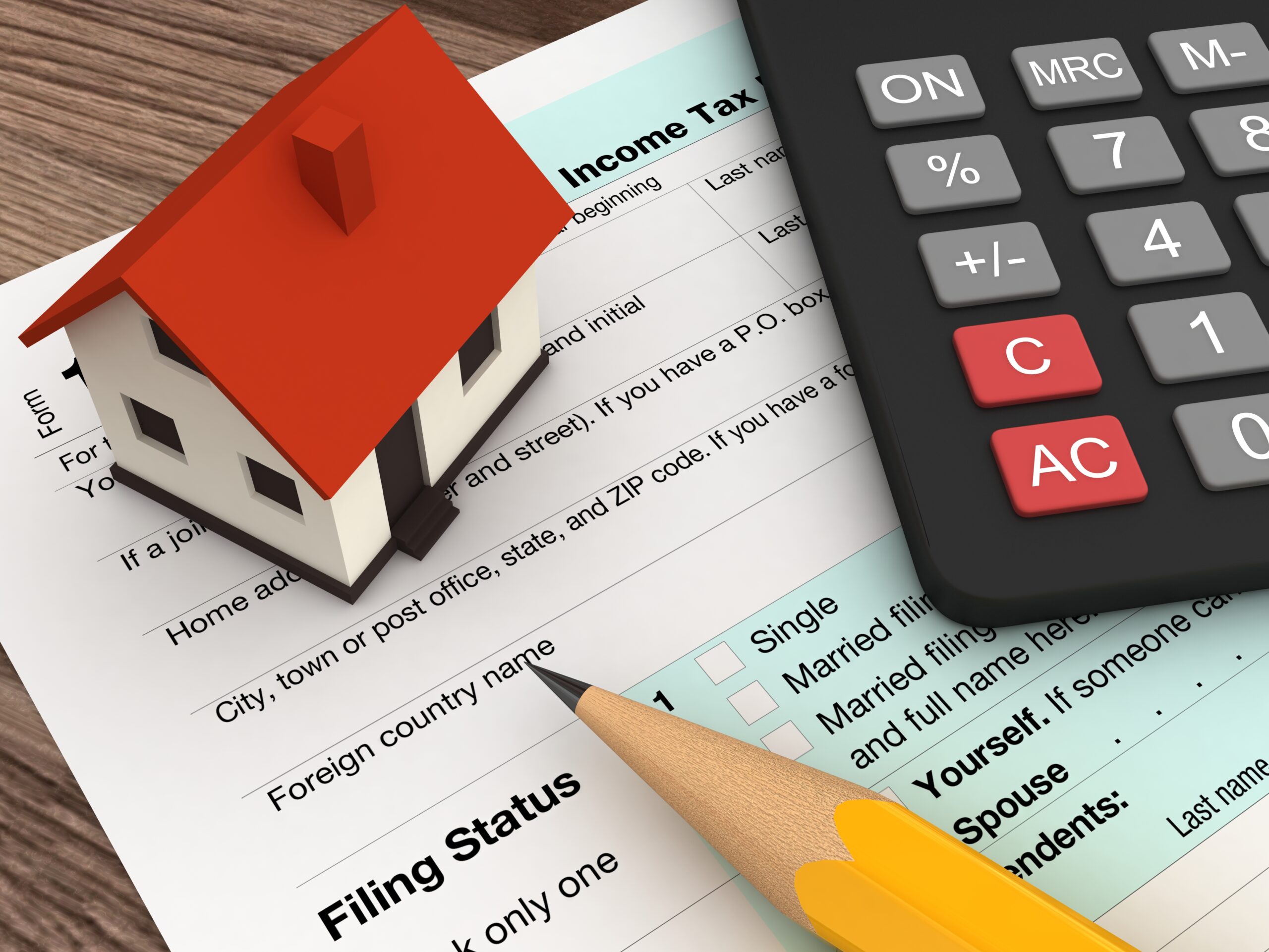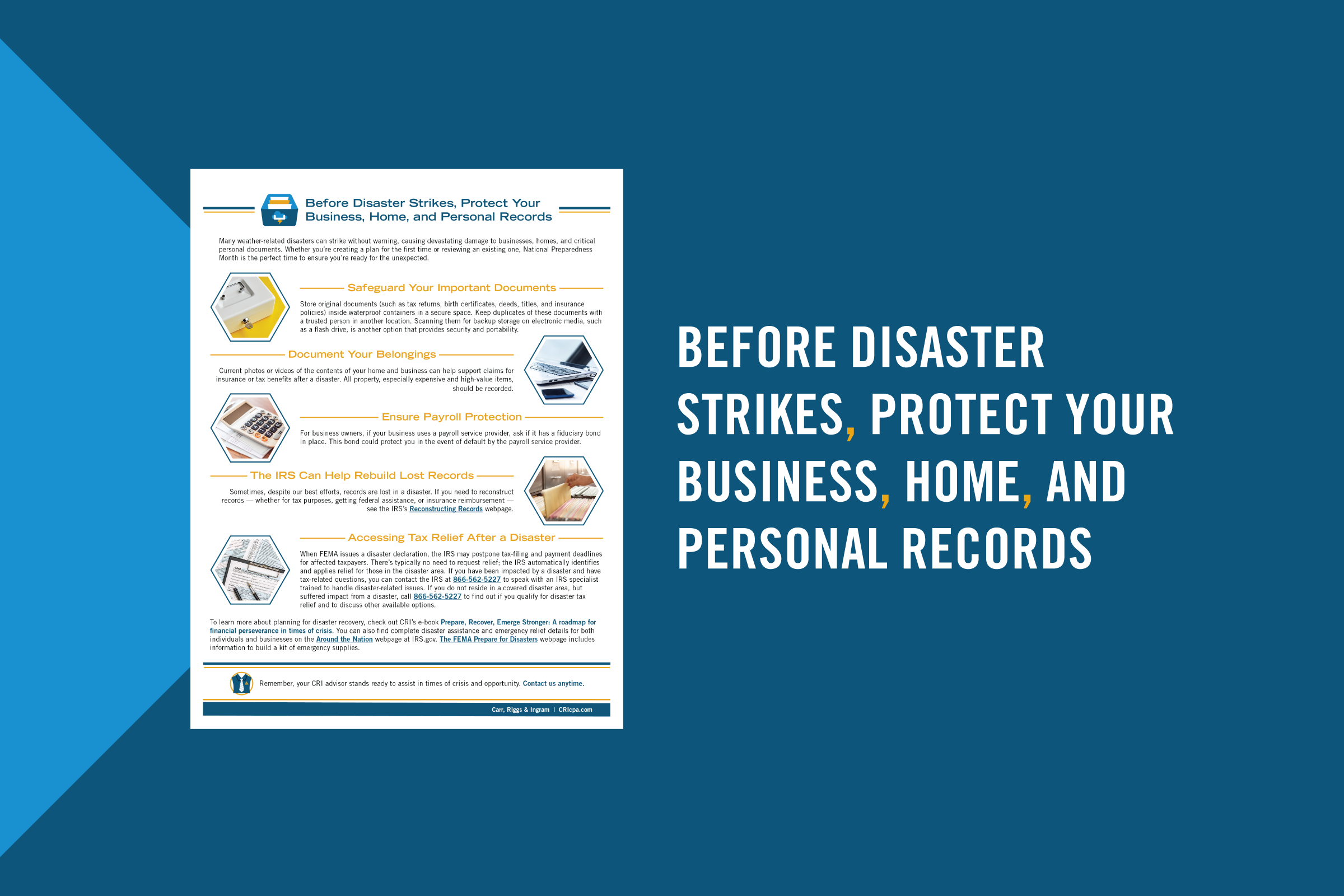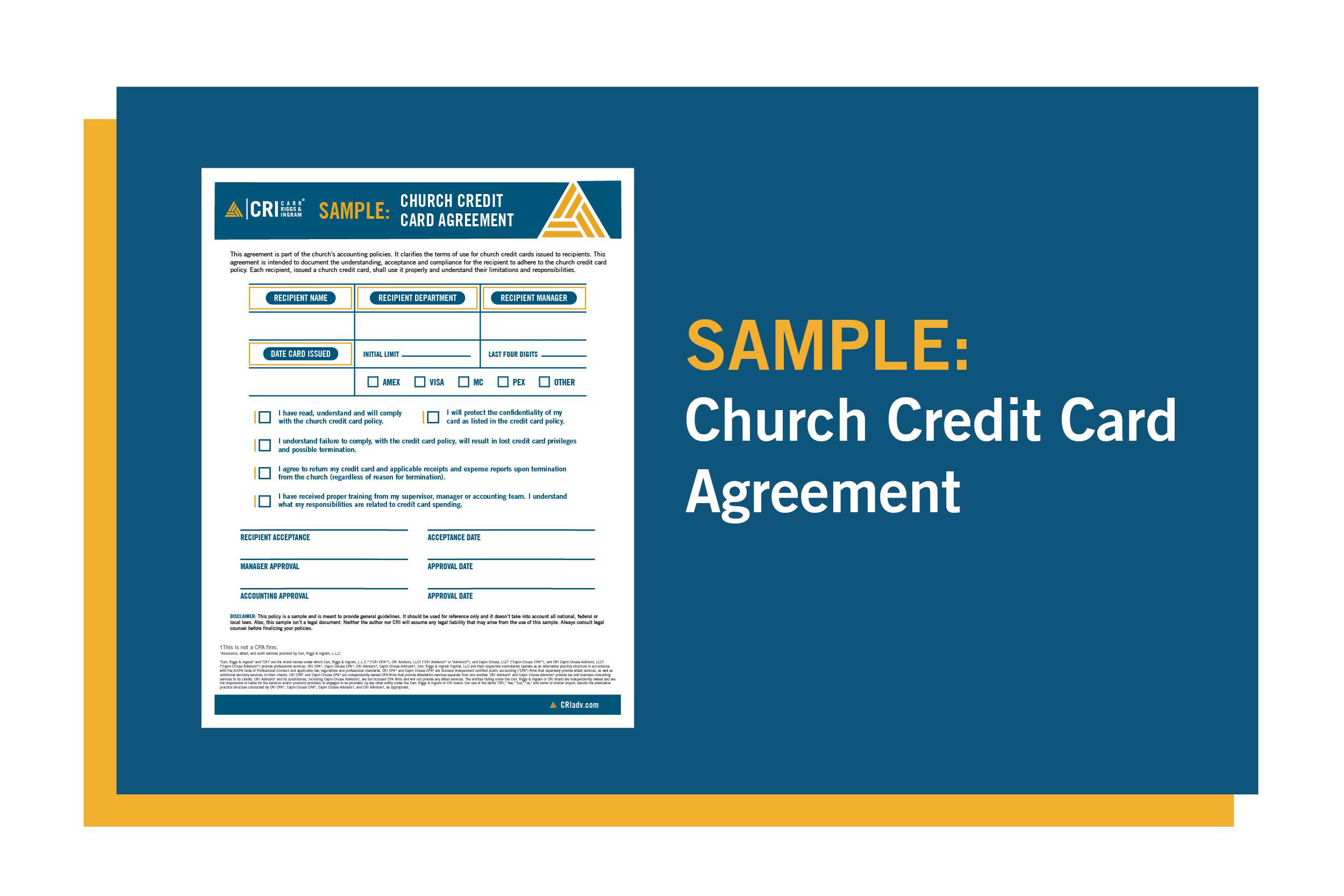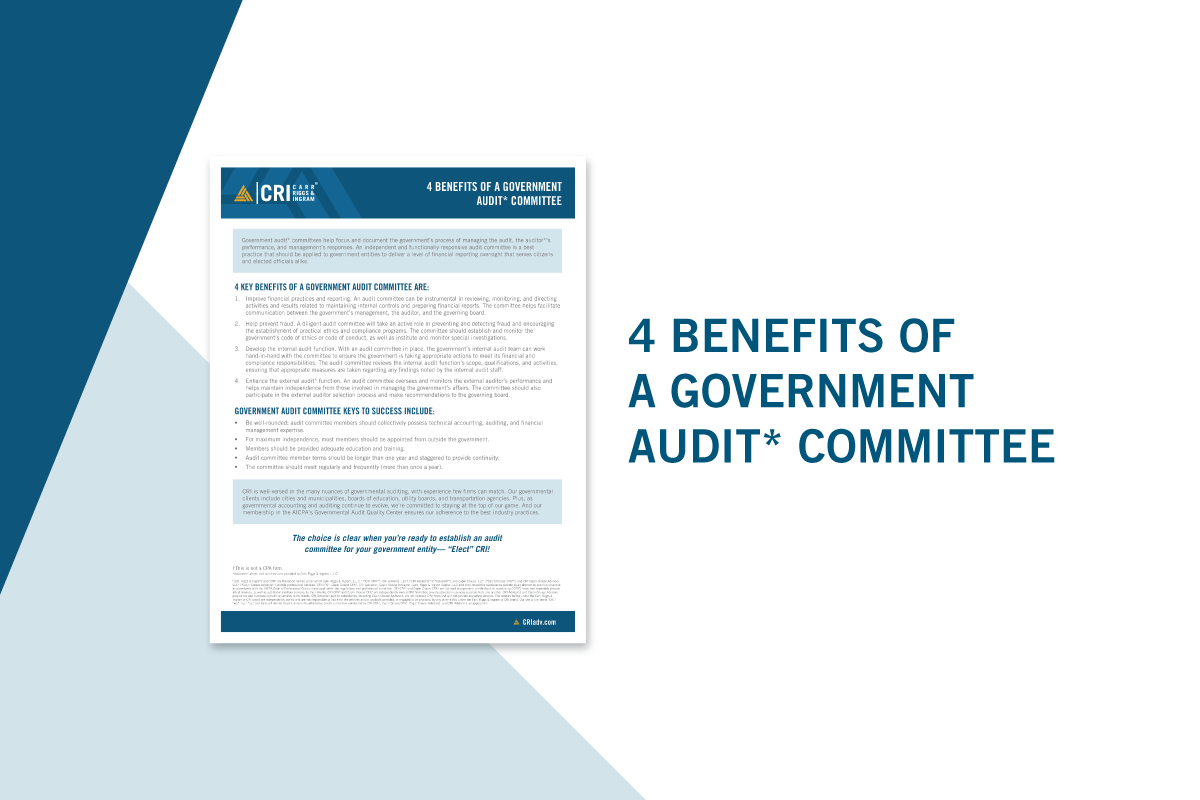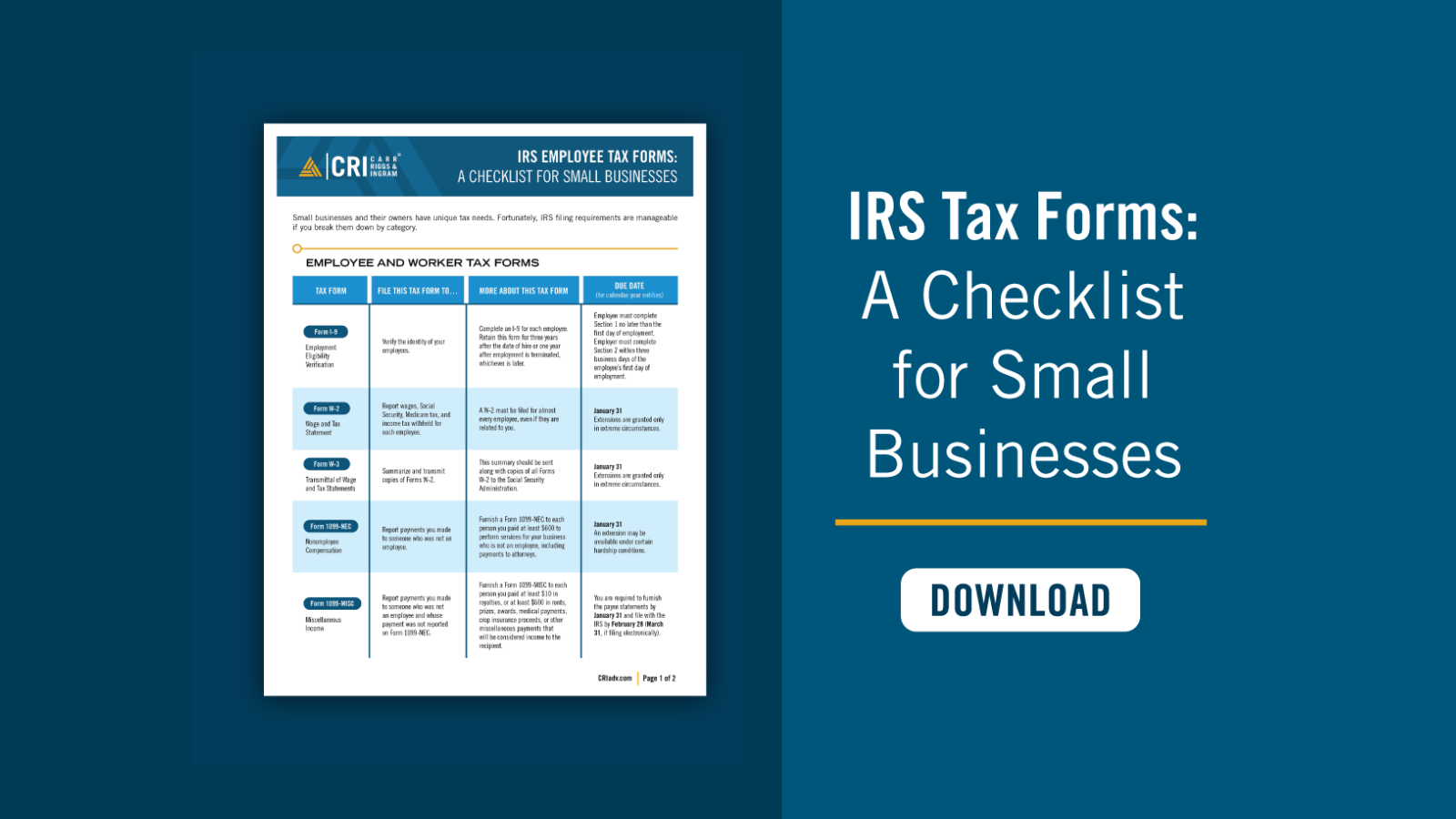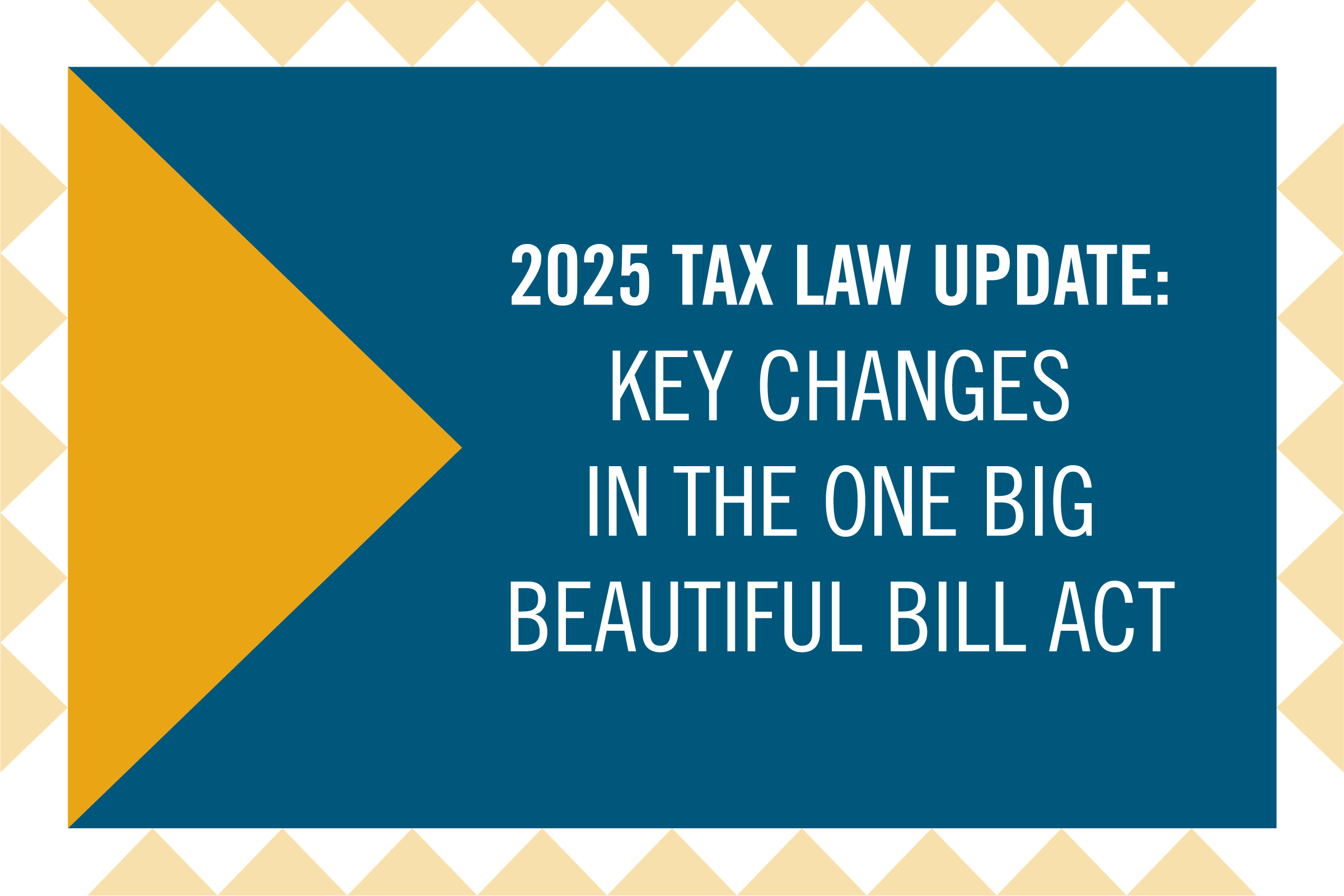Homeowner Assistance Fund – You Don’t Know the HAF of it!
Aug 3, 2021
As part of the American Rescue Plan Act (ARPA) signed into law on March 11, 2021, the Treasury Department created the Homeowner Assistance Fund (HAF), which contains $9.961 billion of funding to prevent mortgage delinquencies, loss of utilities, and displacement of homeowners. A large majority of the funding, $9.39 billion, is allocated to states, $498 million to tribes or tribal housing entities, and the remaining $30 million is to be shared between four U.S. territories with a deadline of September 30, 2026, to utilizing the funds. Although it has not grabbed many headlines, the HAF program can provide a large amount of support for homeowners struggling due to the pandemic. It also comes with a large volume of complexity and administrative challenges for states and their housing agencies that are likely to administer the programs.
What States Need to Know
States and territories were required to complete and submit a Notice of Funds Request prior to April 25, 2021, through the Treasury Department’s electronic portal to receive their funding. In addition, a financial assistance agreement between each state and the Treasury and a payment information form are a requirement to be submitted on the portal. After this, each state will receive 10% of its funding allocation. States must then submit a HAF plan which is required to be approved by the Treasury before receiving any additional funding. The initial deadline was July 31, 2021, but this has been extended with further details provided to individual states. The Treasury requires that each state’s HAF plan address the following areas:
- Homeowner needs and engagement
- Data-driven assessment of homeowner needs and evidence of public participation and community engagement)
- Program design
- Program descriptions, methods for targeting funds to homeowners earning less than 100% of the area median income (AMI), and best practices and coordination with other HAF participants
- Performance goals
- All plans must have goals for each program by targeted populations
- Readiness
- Staffing and systems, contracts and partnerships, and existing and pilot programs
- Budget
- The recommendation is to use the Treasury’s template for allocations both $5 million or more and less than $5 million.
When designing the plan, at least 60% of the funding must be used to assist homeowners earning less than 100% of the AMI or less than 100% of the median income for the United States, whichever is greater. Any homeowner earning more than 150% of the AMI is not eligible for assistance. Below is a summarized list of where states may use the funding. The Treasury Department’s Guidance document provides full details.
- Mortgage assistance
- Mortgage reinstatement fees or forbearance/delinquency/default costs
- Mortgage principal reduction
- Facilitating mortgage interest rate reductions
- Assistance for utilities, internet, insurance, HOA (or similar) fees, and down payment assistance
- Delinquent taxes
- Homeowner displacement prevention measures
- Education provided by housing counseling agencies
- Local government reimbursements who previously incurred qualifying expenses
- Requires the completion of a reimbursement form provided by the Treasury
- Administrative fees (not to exceed 15% of the total funding) to cover planning, community engagement, needs assessment, and other administrative costs related to the HAF program
Once HAF plans are fully approved, each state will be required to submit quarterly and annual reports that include financial and other data. However, there is further guidance expected from the Treasury on the full extent of the reporting requirements. When it comes to new programs like the HAF, engaging with a team of professionals can help ease the burden of understanding the intricacies of rules and guidance on your own. If you are associated with a state, territory, or tribe and have questions regarding the HAF program, we encourage you to contact an advisor from CRI’s governmental industry line team to assist you with your next steps.


